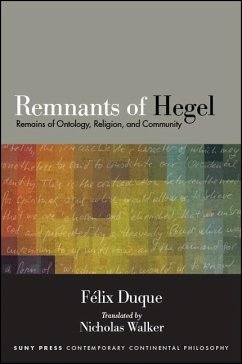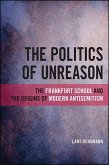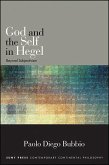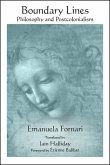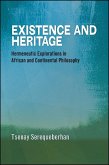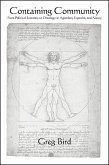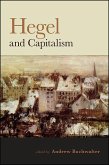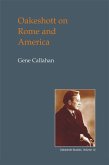In the preface to the second edition of the Science of Logic, Hegel speaks of an instinctive and unconscious logic whose forms and determinations "always remain imperceptible and incapable of becoming objective even as they emerge in language." In spite of Hegel's ambitions to provide a philosophical system that might transcend messy human nature, Félix Duque argues that human nature remains stubbornly present in precisely this way. In this book, he responds to the "remnants" of Hegel's work not to explicate his philosophy, but instead to explore the limits of his thought. He begins with the tension between singularity and universality, both as a metaphysical issue in terms of substance and subject and as a theological issue in terms of ideas about the human and divine nature of Jesus. Duque argues that the questions these issues bring out require a search for some antecedent authority, for which he turns to Hegel's theory of "second nature" and the idea of nature as reflected in the nation-state. He considers Hegel's evaluation of the French Revolution in the context of political and civil life, and, in a religious context, how Hegel saw considerations of authority and guilt sublimated and purified in the development of Christianity.
Dieser Download kann aus rechtlichen Gründen nur mit Rechnungsadresse in A, D ausgeliefert werden.

